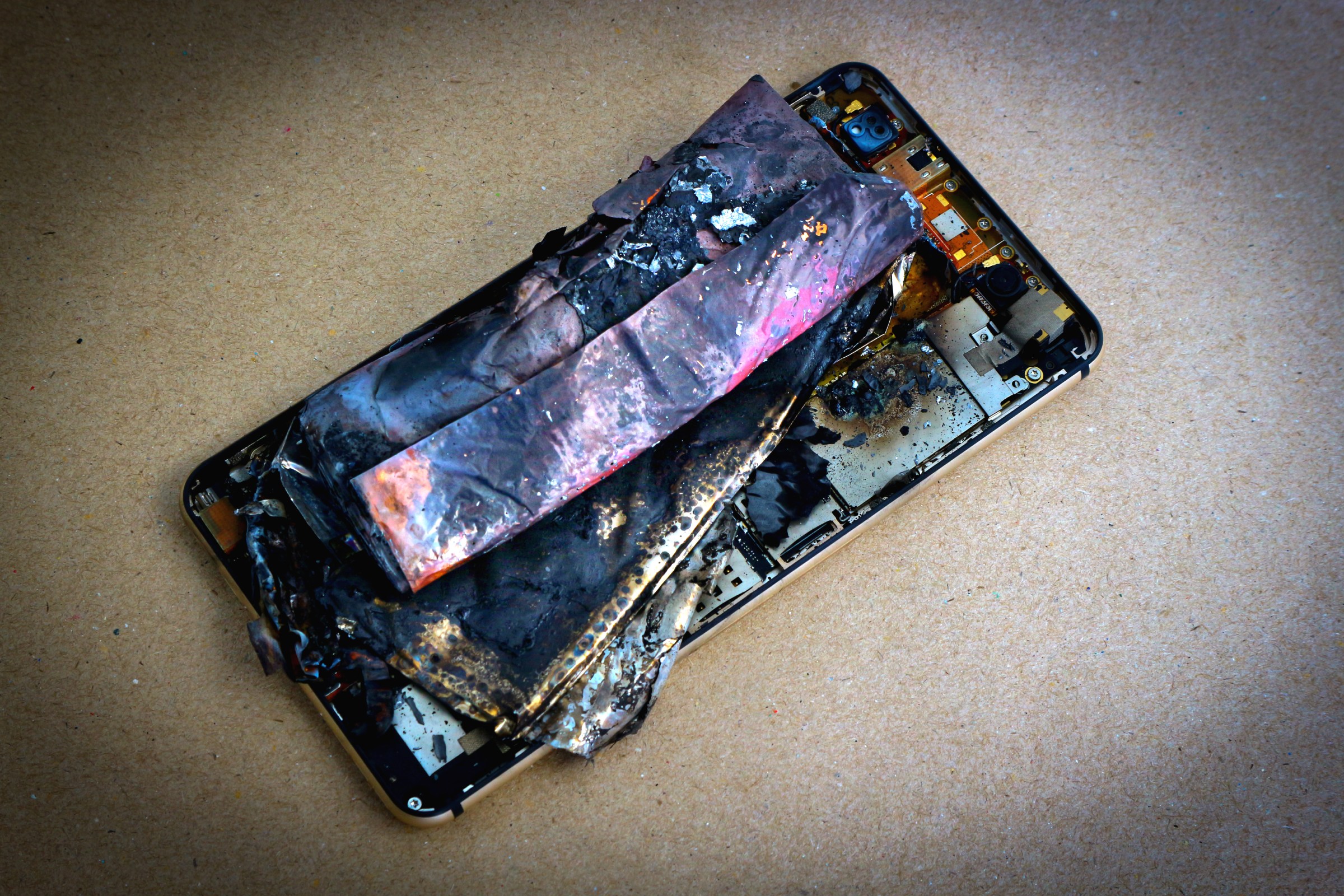Researchers working at Cornell have made a breakthrough discovery that could spell the end of exploding batteries. Several years back, this was an especially big issue. And even back in 2022, we saw reports of iPhone batteries catching fire due to issues that could hopefully be solved thanks to this breakthrough.
Lithium-ion batteries have been one of the most helpful developments of the modern age. They’ve allowed us to power all sorts of electronics from small handheld computers like iPhones and Android phones, to larger more productive hardware like laptop computers. However, those batteries have also remained fairly unstable. This problem has led many scientists and engineers to look for ways to improve upon the battery design.
To combat the issue of exploding batteries and put an end to it, researchers at Cornell have developed a new type of porous crystal that could replace traditional liquid-based lithium-ion batteries and the slower, safer solid-state batteries that some have been trying to take mainstream in recent years, like Apple’s possible upcoming ceramic battery.
One of the biggest issues that crystal batteries look to solve is the spiky dendrites that can form between a battery’s anode and cathode when utilizing liquid electrolytes to carry the ions around. However, the researchers had to find a reasonable middle ground between the safer solid-state batteries and the free-flowing liquid batteries.
That’s where porous crystals come into play. To put an end to exploding batteries and possible shorting through dendrite spikes, the researchers started with a molecular cage and three macrocycles, both of which have intrinsic pores that will allow ions to pass through them. By using these two components as a foundation for the crystals, the researchers ensured there would be plenty of room for the ions to be stored and to pass through.
Eventually, the researchers were able to get good conductivity using the crystal battery. They published a study with their findings in the Journal of the American Chemical Society.







